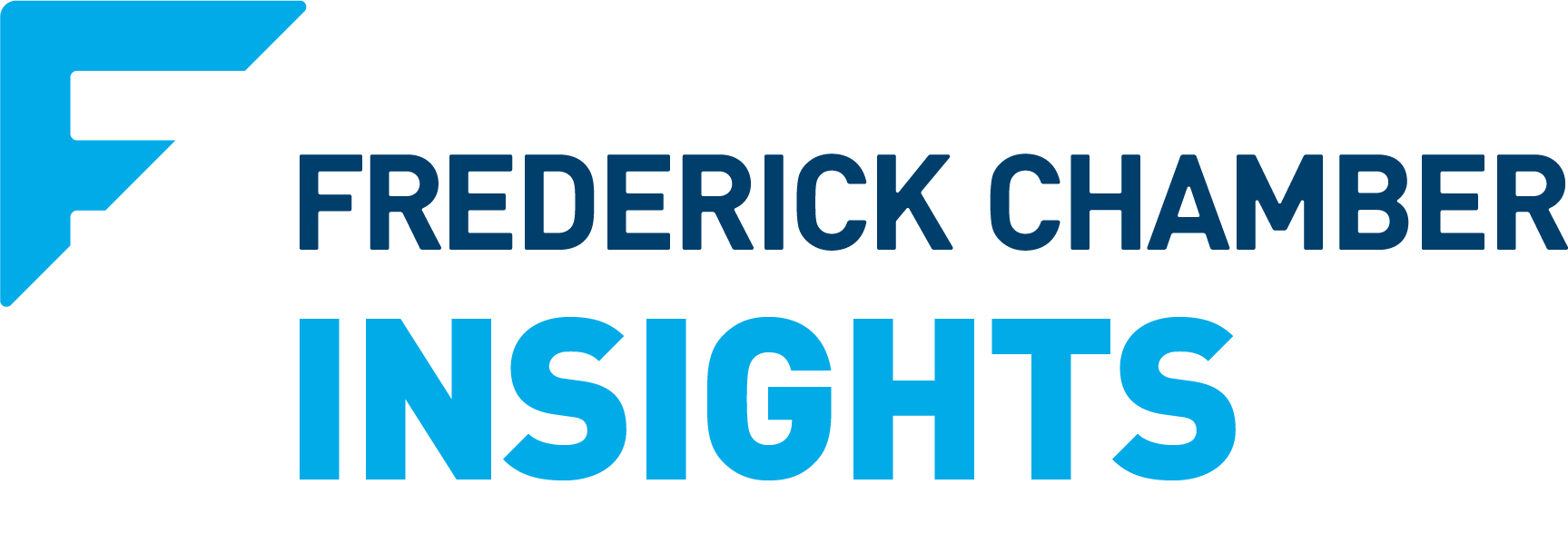
The balloons and confetti fell inside the historic Maryland State House as the clock struck midnight on Monday, March 7. By the time the cheering ended, we were well into Tuesday March 8.
Unlike past General Assembly sessions, the Delegates and Senators didn’t gather for dancing, drinks, and a DJ. Delegate Veronica Turner, chair of the House Protocol Committee, had opted for a more restrained day-long meal service instead of the big post session party. Probably thought it might look unseemly.
And now, we’re left to sift through the now-useless bill trackers and worry lists to reconstruct what we’ve got left, both done and undone.
So what about the results?
The State Budget
It wouldn’t be inaccurate to say that Governor Moore got schooled by the House and Senate leaders on the 2026 budget. The Governor’s initial budget proposal didn’t survive the first House Appropriations or Senate Budget and Taxation Committee hearing. The bold statements from the first term Governor seemed to mean little to the budget committees, as they rejected his Blueprint cuts/delays, his reductions to the Development Disability Administration, and a whole package of policy proposals designed to build up the tech sector.
Instead, we got a budget with nearly $2 billion in cuts, with another $1.6 billion in new tax and fee increases. Income tax rate payers at the top of the income scale have two new higher brackets to contend with. Wealthier Marylanders will also pay more on capital gains and lose some of the value of their itemized deductions. Vehicle owners have new excise taxes, titling fees and new $5 tire tax to deal with. If you purchase food and beverages from vending machines, you’ll pay more thanks to a new vending machine tax. Certain local costs (teacher pensions, costs of property assessments) that had been previously covered by the state have now been shifted down to the counties, in a budget sleight -of-hand to “reduce” the state’s deficit. The General Assembly was kind enough to extend a new revenue source by upping the cap on the local property tax rates.
Energy
This was going to be the year of the consumer when it came to energy costs. You may or may not be shocked to learn that it may not be, after all. Sweeping energy reforms often get watered down through the legislative process, and this year was no exception. While there may be some minor cost/rate adjustments, there’s nothing drastic in the energy bill package that ultimately passed. No real progress on the issue most had acknowledged pre-session, in that nothing was really done about the loss of primary electric generation we’ve experienced over the last 4 decades.
The Blueprint- Maryland’s massive education overhaul was the subject of considerable debate. Gov. Moore included substantial delays and restructuring in his initial budget proposal, but legislative leadership made it clear they weren’t on board with that. A few minor adjustments were accommodated, but the policy prescriptions of the original Blueprint remain largely intact. And the out year funding will STILL be an issue.
Tech tax
One of least-appreciated developments was the 2.5% tech tax, a new sales tax on a whole range of IT products and services. As the budget disaster became apparent (some people had to be sleeping, since the $3B+ deficit existed BEFORE they got to Annapolis), a 3% Business to Business services sales tax popped up out of nowhere. Business organizations, including Chambers of Commerce, quickly organized a statewide opposition effort. Local Frederick business owners including Nick Damoulakis (Orases), Darren Clark (Clark Computer Services), and Greg Brown (Monocacy Hospitality) joined with other business owners from across the state to testify against this. At first, it seemed this advocacy campaign had achieved its goal. Governor Moore held a press event to bury the 3% B2B services sales tax. Unfortunately, less than a week later, he and the legislative budget committee chairs announced the NEW 2.5% IT sales tax on services. Annapolis says that they’re just realigning revenue generation with the growth sector (data centers, AI and cloud computing), but we feel this will negatively impact every single small business and nonprofit who will ultimately bear the cost of this new Tech Tax.
Federal Administration
In anticipation of potential changes at the federal level, Maryland’s Attorney General has been granted expanded authority to initiate legal challenges on behalf of the state. Lawmakers have also earmarked significant portions of unallocated funding to support these efforts. Legislative leaders and the Governor have signaled the possibility of a Special Session as early as fall 2025, depending on the scope of future federal policy shifts. Whether or not specific changes materialize, it’s clear that Maryland is preparing to respond proactively to evolving national developments.
Next time, we’ll go through some of the other policy issues that passed (racial reparations, Building Energy Performance Standards, child sex abuse claims and consumer protection, just to whet your appetite. We’ll also look at some bills that died, and a winners/losers roundup.
 Rick Weldon, President & CEO
Rick Weldon, President & CEO
Frederick County Chamber of Commerce
Frederick Chamber Insights is a news outlet of the Frederick County Chamber of Commerce. For more information about membership, programs and initiatives, please visit our website.

